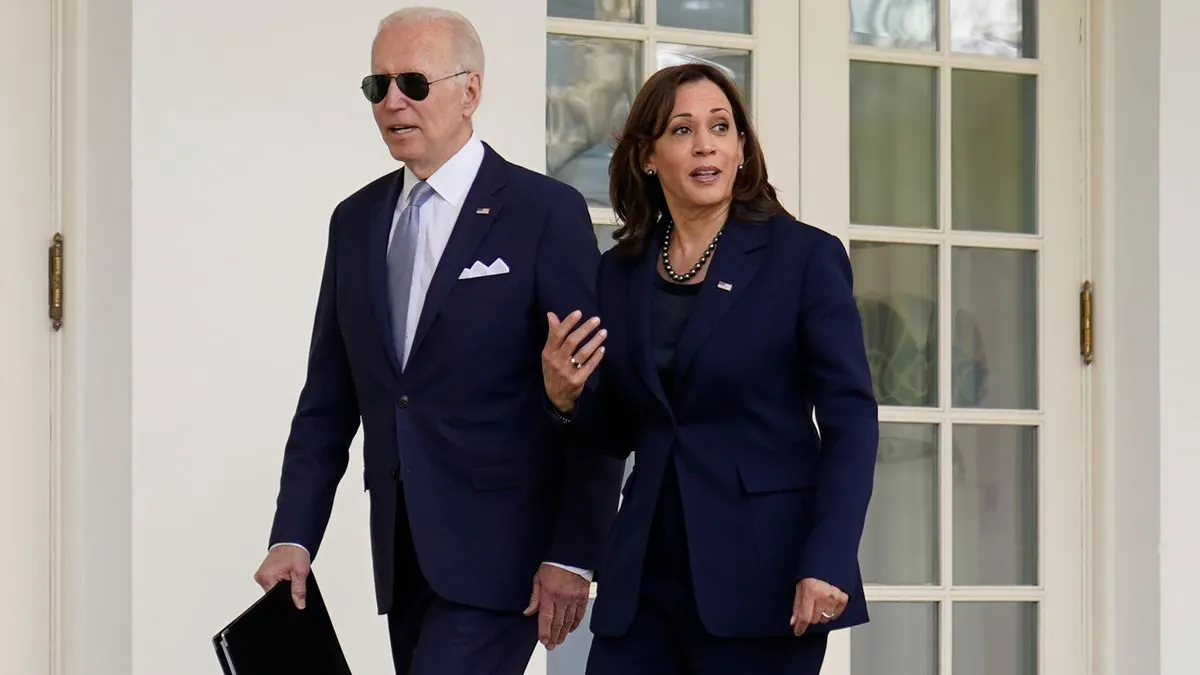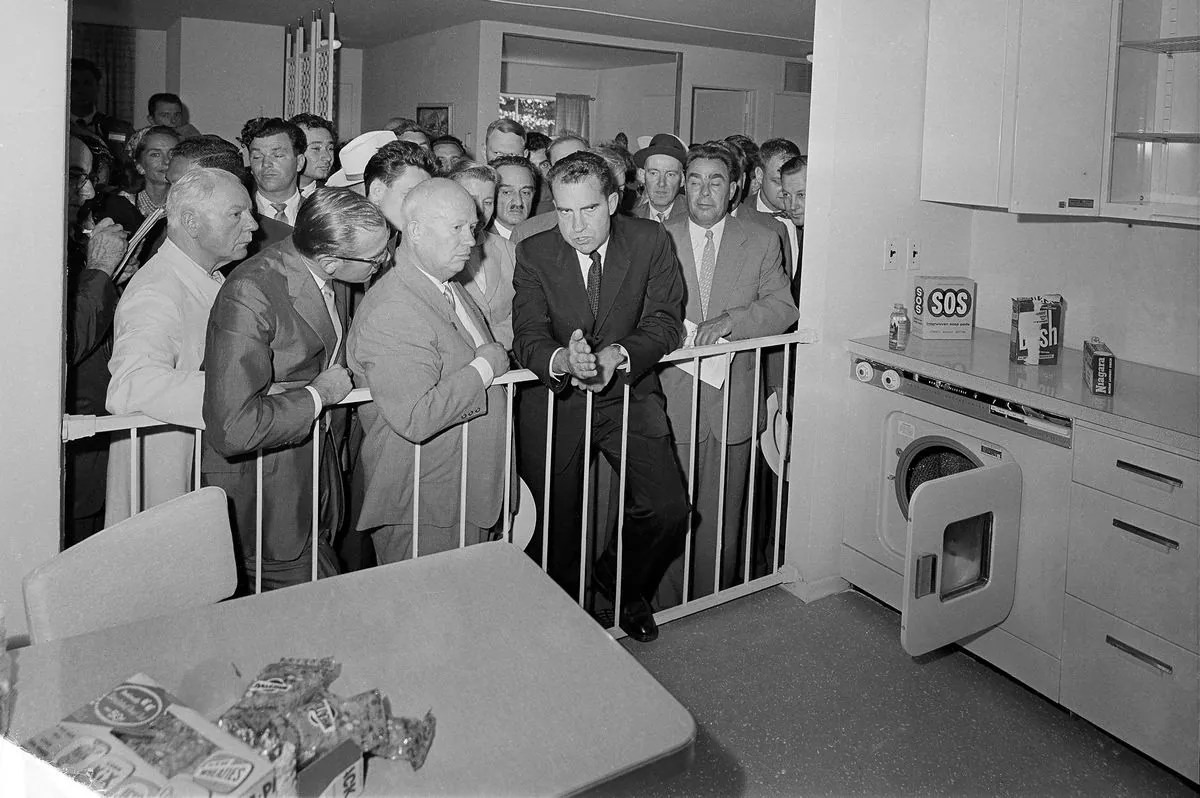The Evolving Power of the US Vice Presidency: More Than Just a Heartbeat Away
From constitutional roles to modern influence, the US vice presidency has transformed. As JD Vance and Tim Walz prepare to debate, voters must consider the office's growing impact on governance.

The role of the United States Vice President has undergone a significant transformation since its inception. Once derided as a position "not worth a bucket of warm piss" by John Nance Garner, who served under Franklin Roosevelt from 1933 to 1941, the office has evolved into a crucial component of American governance.
As JD Vance and Tim Walz prepare for their vice presidential debate on October 3, 2024, it's essential to understand the historical context and growing importance of this position. The Constitution outlines two primary responsibilities for vice presidents: succession to the presidency and presiding over the Senate. However, the role has expanded far beyond these initial duties.
Throughout the 20th century, vice presidents gradually assumed more significant roles in governance. Calvin Coolidge was invited to participate in cabinet meetings, while Henry Wallace chaired important boards during World War II. The Cold War era saw vice presidents like Richard Nixon taking on diplomatic responsibilities, exemplified by his famous "kitchen debate" with Soviet Premier Nikita Khrushchev in July 1959.

The office reached new heights of influence under Walter Mondale, who served from 1977 to 1981. Jimmy Carter integrated Mondale into his inner circle, granting him access to intelligence briefings and involving him in crucial policy discussions. This "executivization" of the vice presidency set a precedent for future administrations.
Subsequent vice presidents have made significant impacts on policy and governance:
- George H.W. Bush played a key role in foreign policy under Ronald Reagan.
- Al Gore led initiatives on government efficiency and internet regulation during the Clinton administration.
- Dick Cheney wielded considerable influence on energy and counterterrorism policies under George W. Bush.
- Joe Biden was instrumental in shaping Barack Obama's approach to various issues, including Afghanistan.
- Mike Pence played a crucial role in maintaining democracy by refusing to block the certification of the 2020 election results.
- Kamala Harris has taken on significant responsibilities, including addressing immigration issues and championing reproductive rights.
"Joe was essential in helping me figure out a wide range of issues including Afghanistan, where he was one of the most vocal members of the administration questioning the decision to increase troop presence there."
It's worth noting that the vice president's influence extends beyond the executive branch. As President of the Senate, the vice president can cast tie-breaking votes. Kamala Harris has exercised this power 33 times, more than any of her predecessors.
The vice presidency has also played a crucial role in presidential succession. Nine vice presidents have ascended to the presidency due to the death or resignation of the president, including Andrew Johnson, Theodore Roosevelt, and Lyndon B. Johnson. Each of these successions had profound impacts on American history and policy.
As voters evaluate the upcoming vice presidential debate, they should consider the candidates' potential as governing partners. The vice presidency is no longer a ceremonial position but a vital component of the executive branch. The person chosen for this role must possess the values, demeanor, and reasoning skills necessary to navigate complex policy decisions and potentially assume the highest office in the land.
In conclusion, the evolution of the vice presidency from a mocked position to one of significant influence underscores its importance in modern governance. As Americans watch JD Vance and Tim Walz debate, they should remember the critical role vice presidents have played throughout history and carefully consider who would be the better governing official.


































